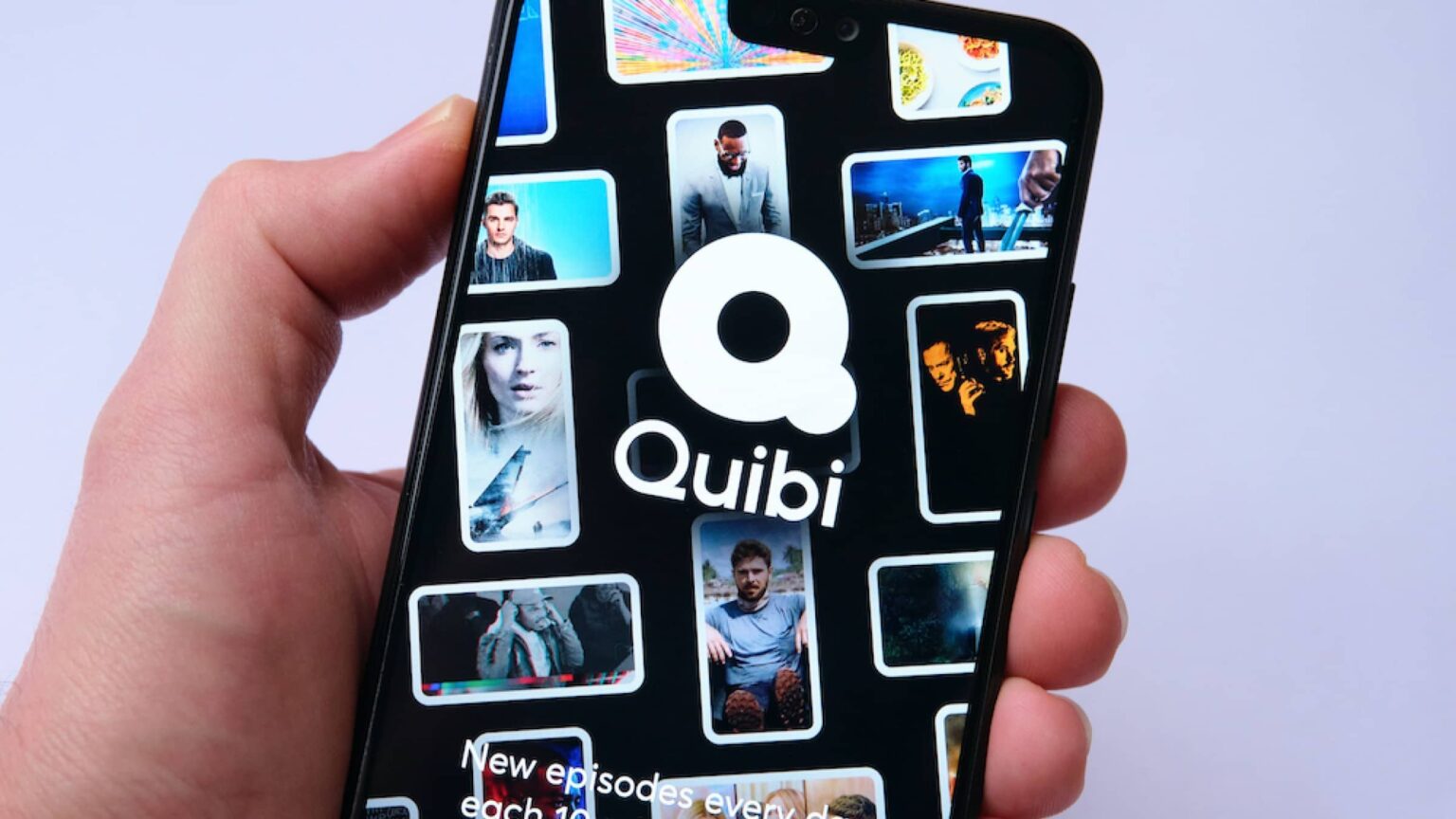
What finally pushed Jeffrey Katzenberg to shut down Quibi?
When Quibi launched in April 2020, we all had our fears. Here was another streaming platform promising us something new. What could they provide us that could compete with the likes of giants like Netflix & Hulu? What made them unique? They summed it up as “short form” content for watching “on the go”. By the time its launch day arrived, it sounded too ambitious & misplaced for the times of Coronavirus.
Hollywood executive Jeffrey Katzenberg & former HP CEO Meg Whitman set out with plans of making something unique, but the clarity as to what Quibi was trying to achieve never came through. Not in the messaging of the platform, neither in the product design nor in the content they had to offer.
In an open letter to the investors & employees, the founders discuss how the flaws in the product, combined with the strain of the pandemic, was too much for Quibi to take. The idea wasn’t working & it was about time they called it a day. Wise people know when to let go, after all.
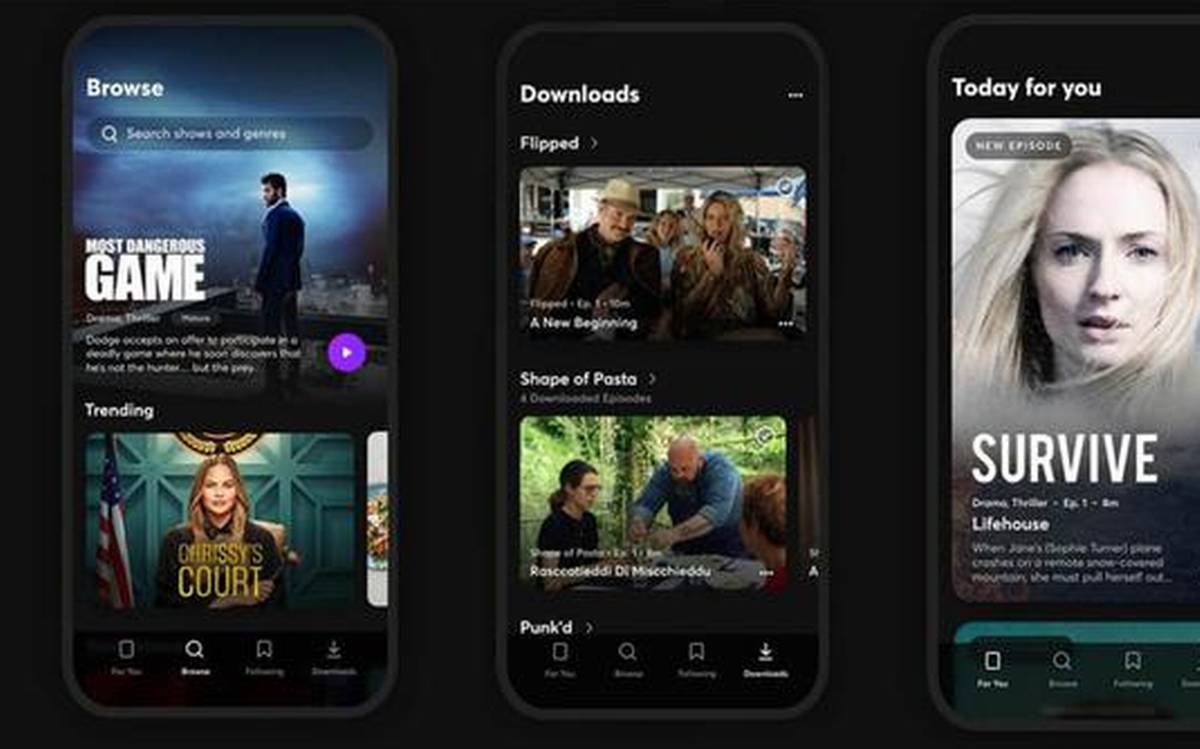
Partial culprit: COVID-19 pandemic
“Over the summer we started to see a slowdown in our momentum,” Whitman was quoted as saying. “We took stock of where we were and said the best thing to do, the honorable thing to do, is return money to shareholders when we knew this wasn’t going to have a path forward.”
Earlier during the summer, they were quick to blame the pandemic for the disappointing performance of the platform. According to them, Quibi’s entire premise was mobile viewing. With people stuck at home, their unique selling point no longer made sense. They chalked it up to bad timing, quarantine, bad economy. Now, they’re retracting the sentiment.
The founders of the platform have been very transparent throughout this announcement & since. They’ve owned the failure of the platform as their own. Katzenberg admitted he was wrong for comments he made about blaming the pandemic.
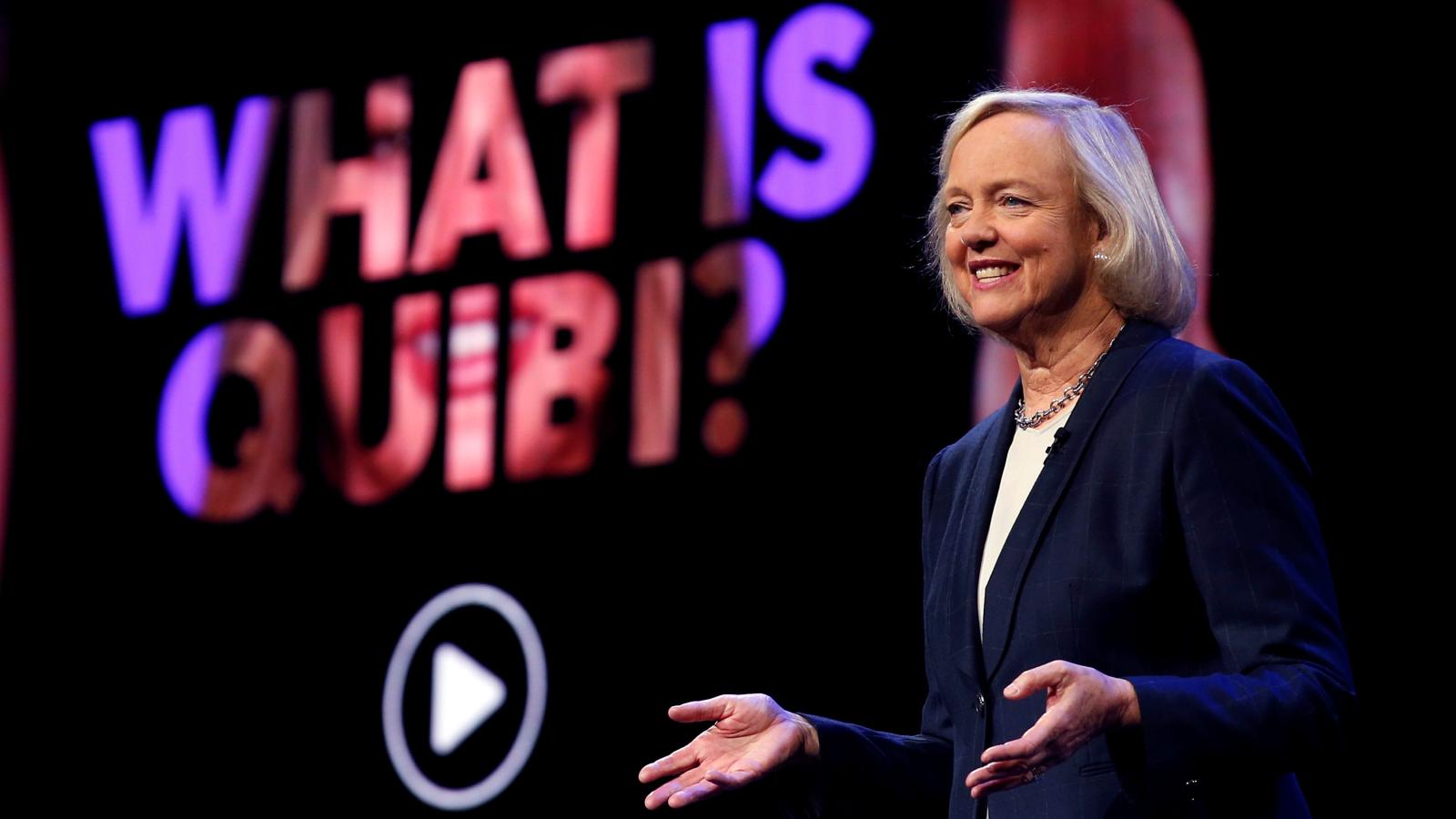
Mediocrity compared to Netflix & TikTok
The company’s desire to create “inspiring shows for an intuitive, mobile-first platform, and a culture where everyone is heard” seemed like a classic case of good intentions & bad execution. In the process, they ended up creating content that wasn’t living up to their promise.
Shows like Most Dangerous Games, Thanks A Million, Gayme Show, Flipped, About Face, each came with their unique set of flaws & while some of them were enjoyable in parts, it never made for a compelling viewing experience.
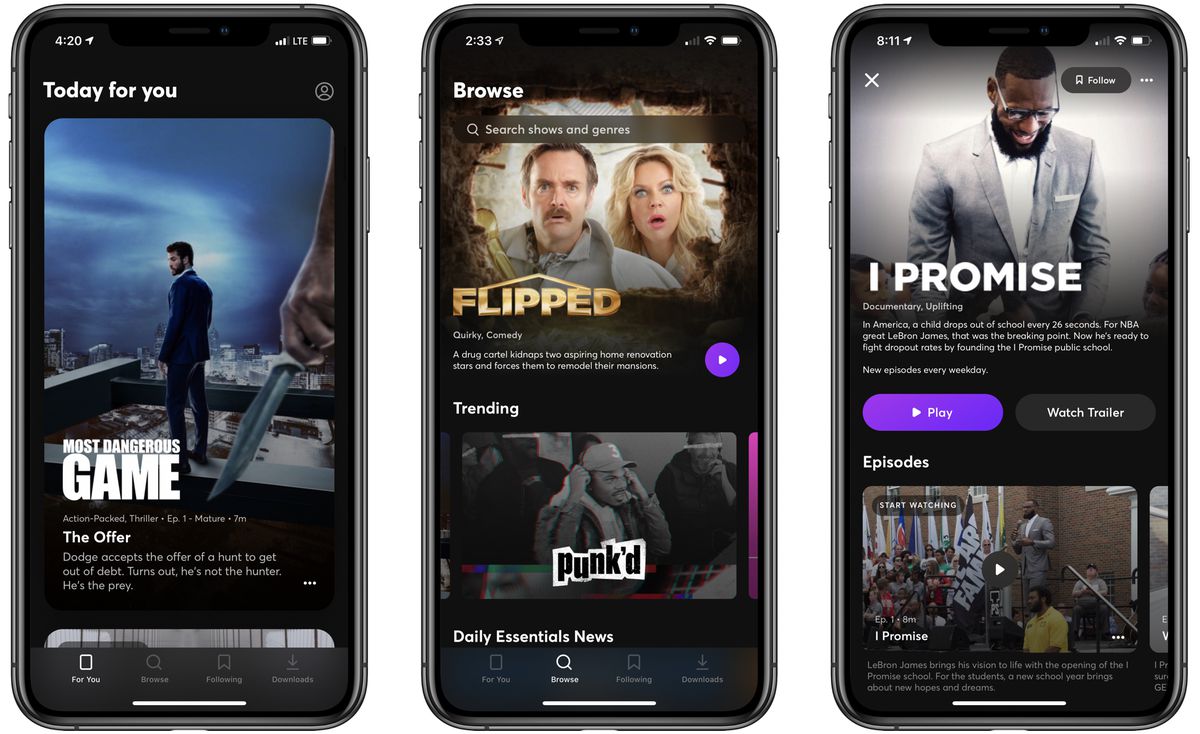
The infrastructure didn’t help
Quibi was designing a product that will let you watch content on the go. The platform didn’t allow screenshots or sharing. Not only did it make for a very restrictive & lonely viewing experience, it also hindered one major marketing mode – social media. No one was talking about any of the Quibi shows.
In fact, no one was talking about Quibi at all. In its breakdown of Quibi’s failure, The Verge pointed out how their marketing was a disaster. Their introductory ad at Super Bowl failed to provide clarity and left viewers confused. And then no one was talking about the shows, which could have potentially become a meme repository for their cringe factor, if nothing else.
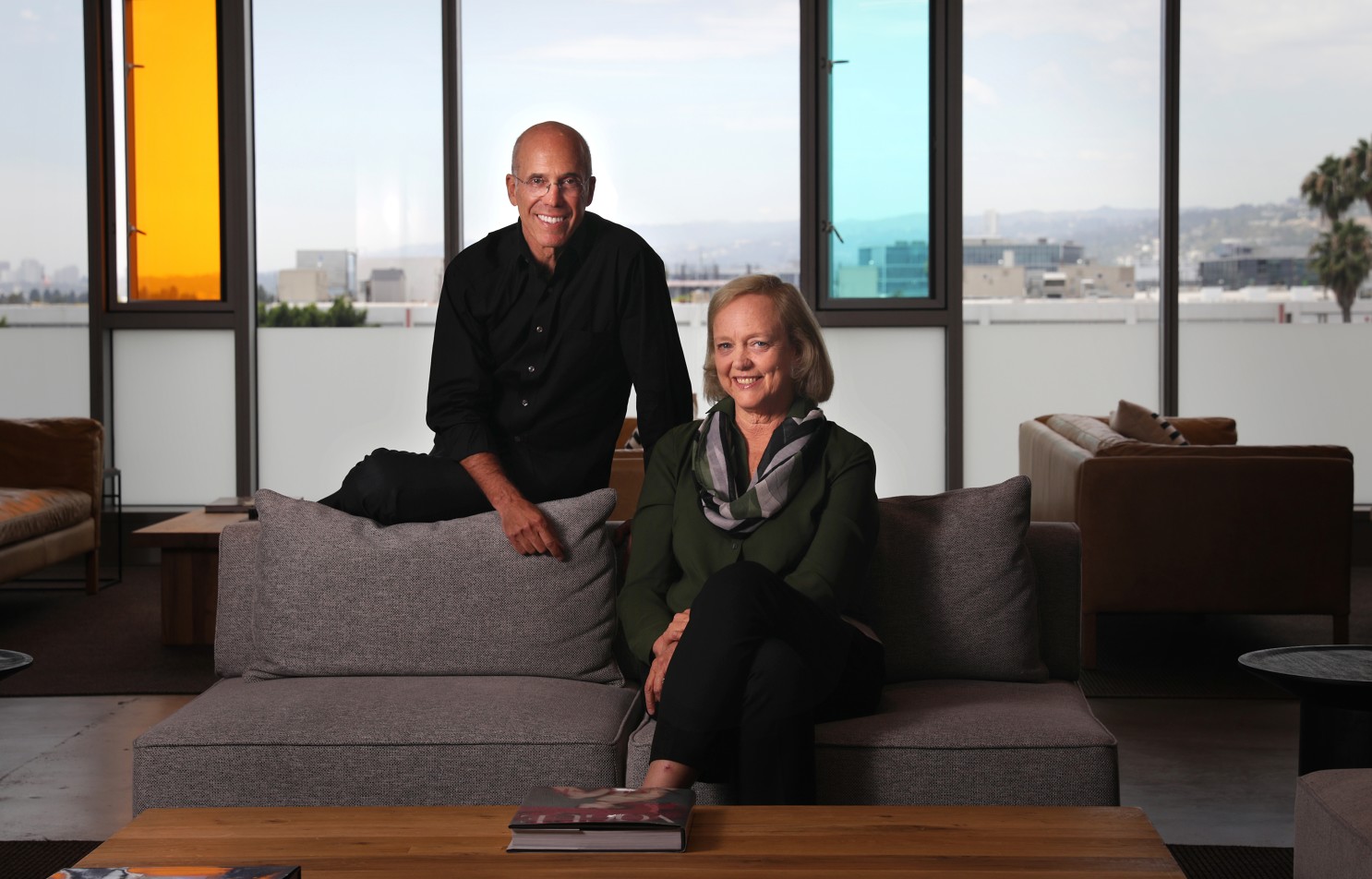
Pricing: The eternal pain point
Quibi’s pricing wasn’t a crowd-puller either. At $4.99 per month, you could get access to this short, bite-sized content. At this rate, we’d rather scroll through the funny content on TikTok than spend that kind of money on mediocre content.
They did their best (Whitman mentioned that the failure is not for the lack of trying) to offer ad-supported tiers to encourage more people to sign up. Even though they saw an uptick in the sign-ups, it still didn’t suffice. That’s why Quibi management decided to shut operations before the end of this year, within six months of its launch.







